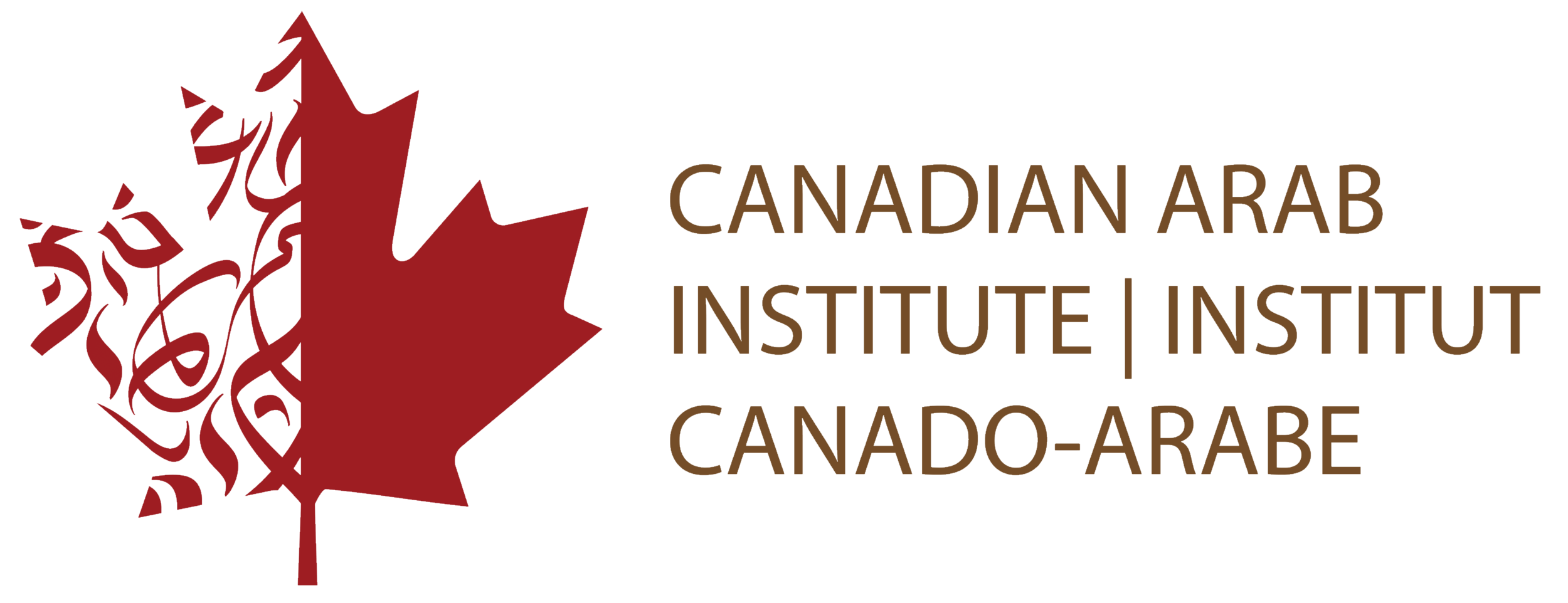Envisioning an Alternative Approach to Lebanon: the Arab Canadian Response to the Lebanon Crisis
Toronto, Ontario, March 1, 2021 — Nearly 7 months have passed since the Beirut Port explosion shocked the world, but there has been no improvement in the political, economic, and social crises that Lebanese people are facing. The August 4 explosion shocked Lebanese Canadians and diaspora communities worldwide, killed 204 people, injured over 7,500, left 300,000 homeless, and traumatized millions.
In the aftermath, the Lebanese-Canadian community, the larger Arab-Canadian community, and all levels of government throughout Canada warmly responded to immediate relief in Lebanon. Along with a strong advocacy campaign by the Lebanese-Canadian Coalition, the Canadian government committed to a $30 million multi-tiered immediate aid strategy. Indeed, with 18 million Lebanese people worldwide and only 5 million of them in Lebanon, Lebanese people are known to take a piece of Lebanon when they settle in their new homes, so the strong and passionate response of the Lebanese diaspora across Canada and the world came as no surprise.
The Canadian Arab Institute believes that with the help of the larger Arab-Canadian community, there are additional worthwhile measures that the Canadian government can take in the short- to medium-term to continue supporting the Lebanese people, especially youth, women and LGBTQ folks, in their fight for basic social, political, economic, and human rights.
For example, seven months later, the investigation into the causes of the explosion and how government negligence played a role remains at a standstill. Lebanon is collapsing, and with every passing day without any signs of political and economic progress by the ruling elite, Lebanon is on a fast track “to hell,” as President Michel Aoun admitted. As such the CAI calls on the Canadian government to incorporate the following into their overall Middle East Engagement Strategy:
Continue committing to gender-responsive, needs-based humanitarian assistance to marginalized communities, specifically women, youth and LGBTQ people. These three demographics (and their intersections) have served as the backbone of the Lebanese protests since October 2019, as they are the ones most negatively impacted by the economic crisis and have no support by the state.
Increase human rights training programs for the Lebanese Armed Forces (LAF) to better engage with women, youth that are NEET, and other marginalized groups, especially during protests. Ever since the October 2019 uprising erupted throughout the country, the LAF has been accused of using excessive and lethal force against peaceful protesters. A few days after the explosion the LAF broke several human rights laws and international norms during protests, including firing live ammunition, metal pellets, rubber balls, and teargas cartridges directly at protesters, striking some in the head and neck, including injuring health workers wearing their uniforms at the scene.
Join and co-lead France’s diplomatic effort in helping set up a transparent and capable government in Lebanon. As the French initiative loses momentum, a bolder approach is needed by Canada to help Lebanon swiftly form a government technically capable of developing necessary reforms, auditing the Central Bank, concluding an impartial investigation of the Beirut explosion, and holding free and fair early parliamentary elections. Should the Lebanese ruling elite not respond to this, Canada should explore imposing sanctions on the corrupt ruling elite through Senator Ratna Omidvar’s Bill S-259, Frozen Assets Repurposing Act.
Ultimately, Lebanese Canadians, along with Arab Canadians, are proud of their roots, culture, and country of origin. As the corrupt political class turn a blind eye to the unbearable socio-economic situation, the Lebanese people, especially women, youth and LGBTQ folks, continue to suffer unwarranted pain and hardship without public services, dignity, rights, and hope for the future.
The findings and complete policy brief are available here.
About The Canadian Arab Institute
The Canadian Arab Institute is a national nonpartisan organization that focuses on issues and interests of the Canadian Arab community through research, policy, programming and community engagement. CAI celebrates and encourages Arab Canadians' participation in all social, political, cultural and economic aspects of Canadian society.
Press Contact:
Jad El Tal
Director of Policy
T: 647-872-7624
